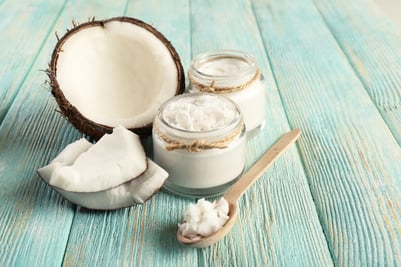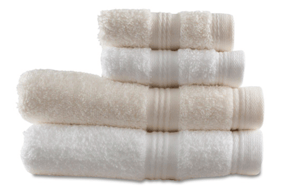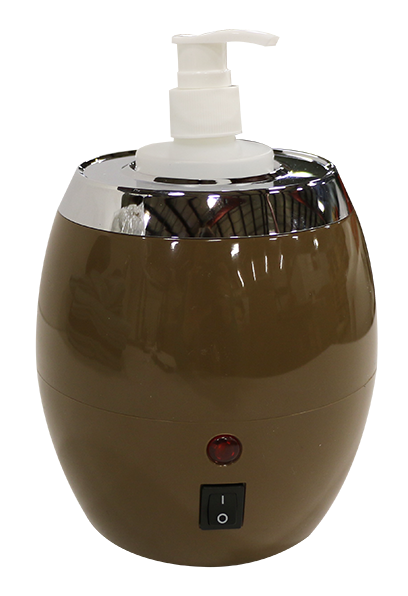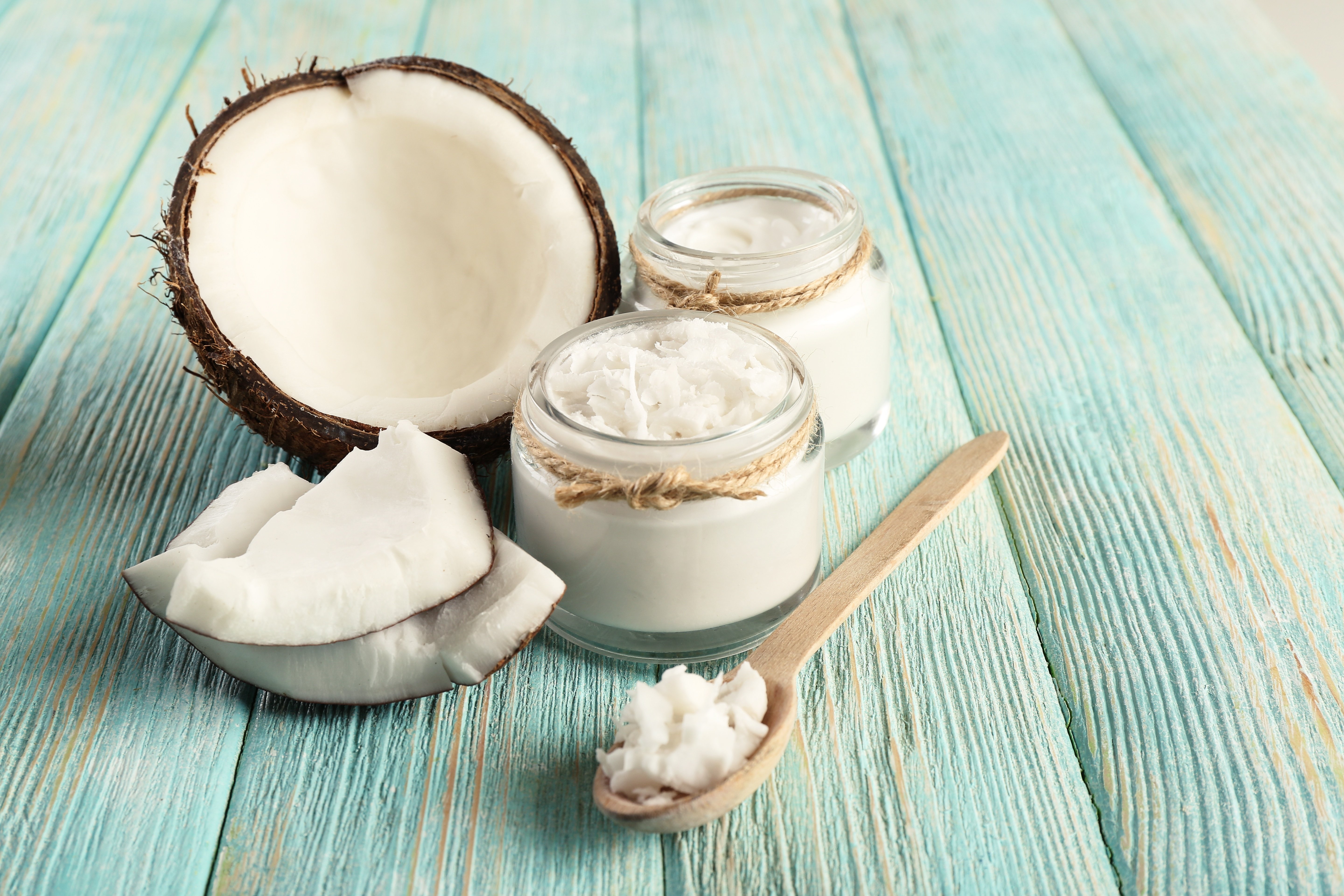Coconut oil is wonderfully popular
and has been gaining a reputation as the new cure-all over the past few years. But how are massage therapists using coconut oil for massage therapy?
This blog discusses how massage therapists use coconut oil, the therapists' preferences, best practices and more.
 via shutterstock.com |
First, a few general bits of information about coconut oil:
- Melting point of 75 degrees F (24 C)
- Can be stored liquid or solid
- Extracted from the kernel or meat of matured coconuts harvested from the coconut palm
- Shelf-stable when stored properly and will last for several years if kept uncontaminated
- Gentle and low-allergy risk
- Versatile; many proclaimed health benefits
Texture and Applications
Most massage therapists in agree that coconut oil is very slippery for body work. Some therapists have adapted to it, or simply blended the oils to get a bit more friction for deep tissue work. Coconut oil has medium absorbability and maximum moisturizing level and it is great for a relaxation massage, but lacks friction for deep tissue work.
Blending
What about the slippery texture? Coconut oil can be blended with other oils to change the texture, as well as blended with essential oils for aromatherapy use. Some massage therapists like to mix coconut oil and shea butter. For more "grip" and less "glide", mix cocoa butter or grape seed oil. For aromatherapy, some therapists use coconut oil as the "carrier" rather than jojoba, sesame, olive or almond oils.

Odor
Some therapists think the oil has a strong fragrance that is too noticeable and others either don't notice the smell or enjoyed the scent. So, this must be a personal preference and it may even depend on the kind of oil you purchase. One way to ensure your coconut oil doesn't have a smell is to purchase purified coconut oil rather than raw oil- it tends not to have a smell.
Does coconut oil stain the sheets? This is a big concern for most massage therapists who, understandably, don’t want spotty linens or the hassle of special washing procedures. Some sheets stain easier than others, so it is important to research what kind of sheets are better at resisting stains or that you know how to properly clean your sheets.
McDonald report stated that coconut oil washes out well. They come out a lot easier when the wash is hot. Another top is to stick to cotton sheets, poly/cotton sheets may stain easier.
 |
Shelf Life
Many massage therapists wonder about the shelf-stability of coconut oil. Does the oil go rancid? How long does it last? These questions come up often. Many MT’s who have been using coconut oil for a long time say that they haven’t had any issues with coconut oil going rancid. From research conducted by Mwe, it was learned that coconut oil, like most other oils, can go bad if not properly stored. Like any other oil you would use, keep it free of contaminates, away from sunlight, and avoid extreme temperatures for best results. Many resources say that properly stored coconut oil can last for a few years.
Solid or Liquid
Coconut oil is unlike many other oils you might use in massage because it stays solid below 75 degrees F. You can buy different kinds of coconut oils that stay in liquid form. If you have solid coconut oil and want to melt it down a bit, just pop it in your towel warmer. Some put their oil in hot water to liquefy too, quite rapidly.
No matter what you decide, coconut oil is a great product to use for massage. With the many bullet points above, it should be easy to decide whether using coconut oil in your massage therapy practice is a good fit!

Custom Craftworks
Originally founded in 1986, Custom Craftworks supports the vital work of professional manual therapists and educators in the massage therapy and holistic health fields by designing, building and sourcing the best-quality massage tables, chairs, equipment and accessories available. In 2009, the company was acquired by Pivotal Health Solutions based in Watertown, South Dakota.

